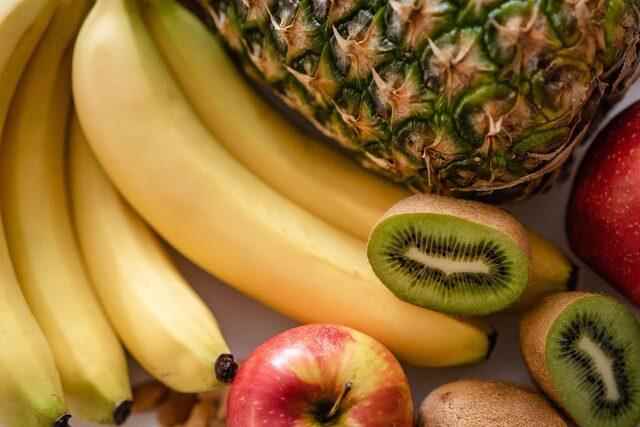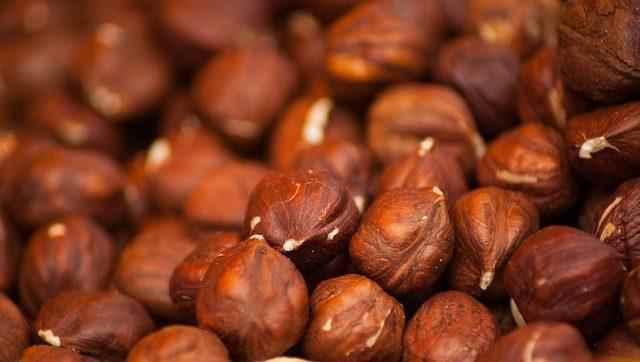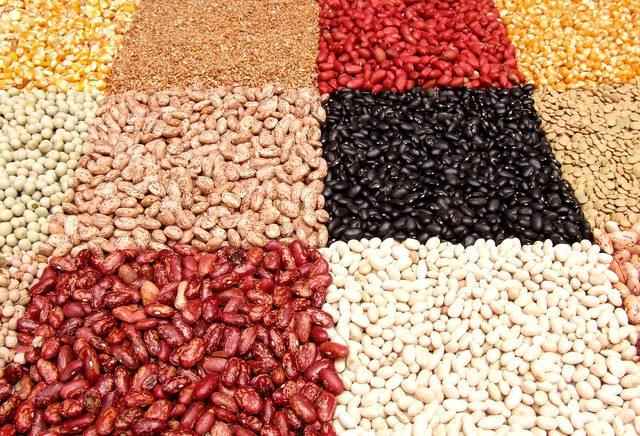We have brought together the natural answer to the question “What is good for a headache” or “how does a headache go away” for you. Sometimes it is not possible to stop the headache that poisons daily life, no matter what is done. Migraines, in particular, can cause headaches that last for days. Some foods are like medicine for headaches. Here are healthy foods that you can naturally protect yourself against headaches.
CHILI PEPPER
The benefits of hot pepper, which is one of the indispensables of the tables in our country, do not end with counting. Hot pepper, which has vitamins C, A, B and E, is good for headaches as it helps open clogged sinuses.
Cayenne pepper contains capsaicin, which blocks the neurotransmitter that numbs the brain’s trigeminal nerve and causes migraine pain. They can also relieve cluster, tension, and other headaches.
FRUITS
The fruits that we automatically start to eat when we get sick, each of which is a different healing, are also good for headaches. Especially rich in potassium, magnesium and B vitamins, bananas contribute greatly to reducing headaches.

GREEN LEAF VEGETABLES
Studies have revealed that most headache sufferers and migraine sufferers have low magnesium levels. Folic acid and B6 reduce migraine symptoms. The National Headache Foundation has published a study showing that vitamin B2 can reduce the frequency of migraines. You should consume green leafy vegetables (spinach, kale, broccoli) that contain all these elements and various other anti-inflammatory antioxidants.
HAZELNUT
Hazelnut, which is rich in magnesium, also relieves headaches by relaxing blood vessels. It also contains significant amounts of vitamin E, which studies have shown can help control migraines with aura and migraines triggered by hormonal fluctuations. For some people with headaches, immediate relief can be achieved by eating a handful of almonds or hazelnuts.

GINGER
Ginger contains a natural oil that helps relieve headache sufferers. It increases the chemical messenger serotonin, which in turn reduces inflammation. A medical study on ginger proved that it significantly reduces headache severity in patients with acute migraine without aura.
OILY FISH
Oily fish are rich in omega-3 fatty acids EPA and DHA, which have anti-inflammatory effects. They contain B vitamins, including riboflavin (B2), which has been shown to help manage migraine attacks. The research also revealed that salmon contains coenzyme Q10 and vitamin D, which provide relief from migraine.
SEEDS
These seeds (poppy seeds, sesame seeds, pumpkin seeds, sunflower seeds, chia seeds) contain inflammation-fighting omega-3 fatty acids. They also contain significant amounts of magnesium, which can help prevent blood vessel spasms.
WHOLE GRAINS
Whole grains (quinoa, barley, buckwheat, bulgur, oats, whole grain bread, etc.) contain complex carbohydrates and try to increase glycogen stores in the brain. They help relieve headaches, as low blood sugar (hypoglycemia) can trigger headaches. A study revealed that there is a relationship between iron deficiency anemia and migraine in women. Whole grains; They contain vitamin E, B vitamins, iron, coenzyme Q10, magnesium and fiber.
LEGUMES
Legumes (lentils, beans, peas, soybeans, chickpeas) contain protein and fiber to help maintain blood sugar levels, and magnesium and potassium to relieve blood vessel constrictions. Legumes also provide coenzyme Q10, which can reduce the number of days a migraine lasts, according to one study. All these nutrients can help relieve a headache.

SUFFICIENT AMOUNT OF Caffeine
One to two cups of coffee or tea each day can relieve a headache, especially if it’s a headache caused by a caffeine deficiency. Caffeine has the ability to relieve pain by constricting blood vessels. The key is to strike a balance and not consume too much caffeine, as too much caffeine can trigger headaches.
